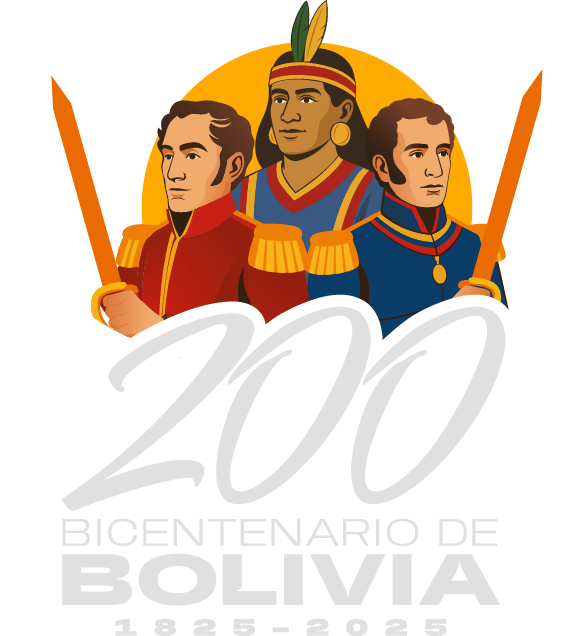Caracas, October 20, 2023 (Press Mincomunas) – Eleven years after the historic Rudder Around (Golpe de Timón) of Commander Hugo Chavez, in which he ordered to include the Commune as a transversal axis of all Government policies, without which it would not be possible to “give birth to socialism,” the People’s Power organization in Communal Councils and Communes is undergoing a vigorous rebirth, with a massive process of renewal of spokespersons and revitalization of the assembly spirit.
This month, we reached 32,000 renewed Communal Councils, surpassing the goal set by President Nicolas Maduro on October 5, 2022, when he set as a challenge the democratic renewal of more than 22,000 Communal Councils and the broad and deep consolidation of the New Epoch Congress.
To assess the organizational balance of the communal structures throughout the country, representatives of the Congress of the New Epoch and the Vice-Presidency of Communes of the United Socialist Party of Venezuela (PSUV), together with community members and authorities of the People’s Power Ministry for Communes and Social Movements, developed in each state, the meetings “Victorious Route: Rudder Around (Golpe de Timón) 2023”, with the objective of “articulating the processes of organization, formation and communal economy,” said Minister Jorge Arreaza.
At the same time of this resurgence of the people’s organization, through elections to update their spokespersons and work committees, to hold assemblies to build their Maps of Solutions and Concrete Action Agendas with the priorities identified in work tables, aggregation in Communes and conformation of Communal Economic Circuits, the National Assembly is developing a process of discussion and reform of the whole set of People’s Power laws to adapt them to the new reality.
Commune or nothing!
In his last Council of Ministers on October 20, 2012, President Hugo Chavez, reelected for a third term in the October 7 elections, outlined paths for a revolutionary praxis centered on empowering the people to be self-government and institutionalized the slogan: Commune or nothing!
In a severe critical and self-critical tone, he led a profound revision of the revolutionary task, placing the accent on the construction of the Communes as the fundamental and transversal axis of the new political and economic organizational model that should be born from the grassroots, with the knowledge of the people and capable of responding to their needs in their territory.
“Is the Commune only for the Ministry of Communes? I will have to eliminate the Ministry of Communes. I have thought about it several times. Why? Because many people believe that this ministry is in charge of the Communes. It is a grave mistake we are making. Let us not make it anymore”, Chavez ordered, meeting 11 years ago with his Ministerial Cabinet.
Immediately, he addressed the then Executive Vice President of the Republic, Nicolas Maduro Moros: “I entrust this to you as I would entrust my life to you: The Communes, the social State of law and justice.”
Government in the territory
The Commander-in-Chief conceived the construction of the communal State in the new era of the Revolution that he oriented with his rudder around, as a “network that goes like a gigantic spider web covering the territory of the new.”
President Nicolas Maduro has instructed that “the Rudder Around (Golpe de Timón) must govern our daily actions to analyze, review and rectify. It is not a slogan to remember a date, it is an obligation, a commitment with Commander Chavez”.
The President has insisted on the need for the organized people to assume as participants in the Government’s management and for the official institutions to work hand in hand with the People’s Power, represented in the Communal Councils and Communes, in the attention of the priorities or critical knots identified in the citizens’ assemblies.
The Minister for Communes, Jorge Arreaza, has recalled that in the Rudder Around (Golpe de Timón), Commander Chávez highlighted with greater strength the need to incorporate the communal fact in the government’s management and the Bolivarian Revolution.
He insists on the need for the organized people to assume the role of government in the territory and to prepare for the transfer of competencies from the mayor’s offices, so that they may self-manage or co-manage responsibilities of the public power.



